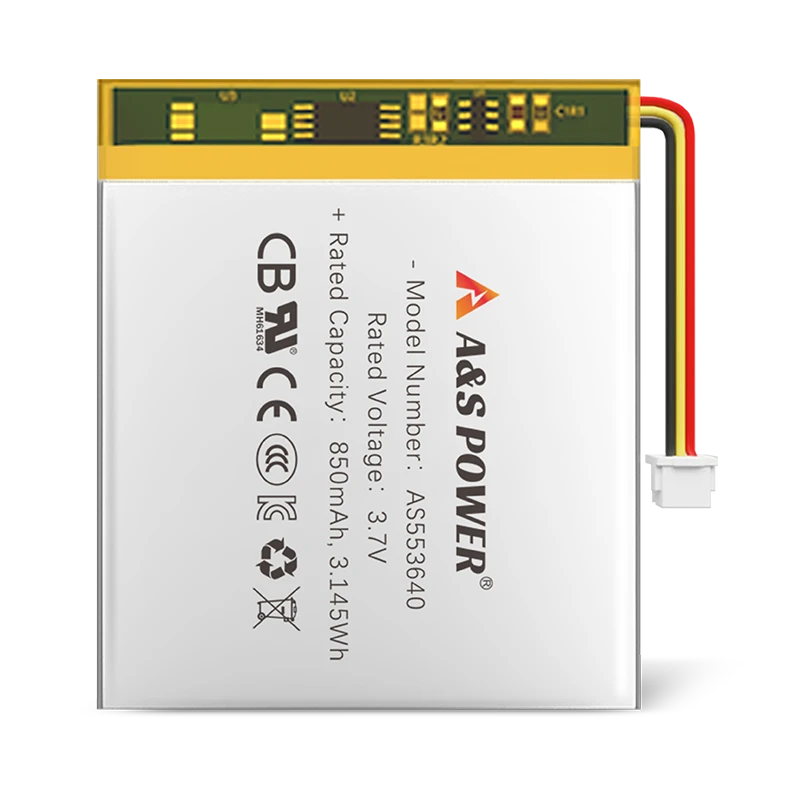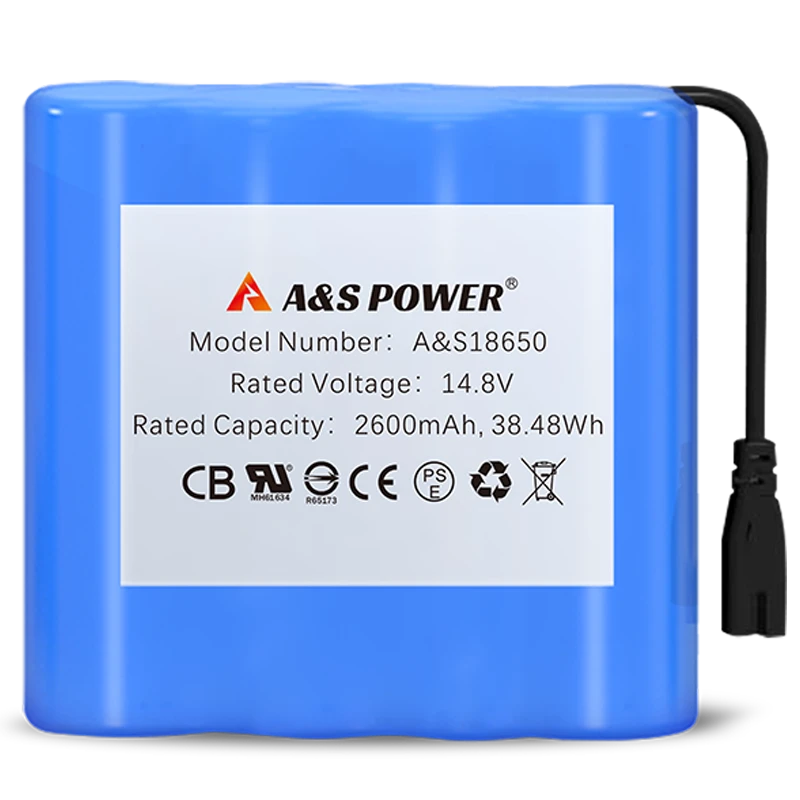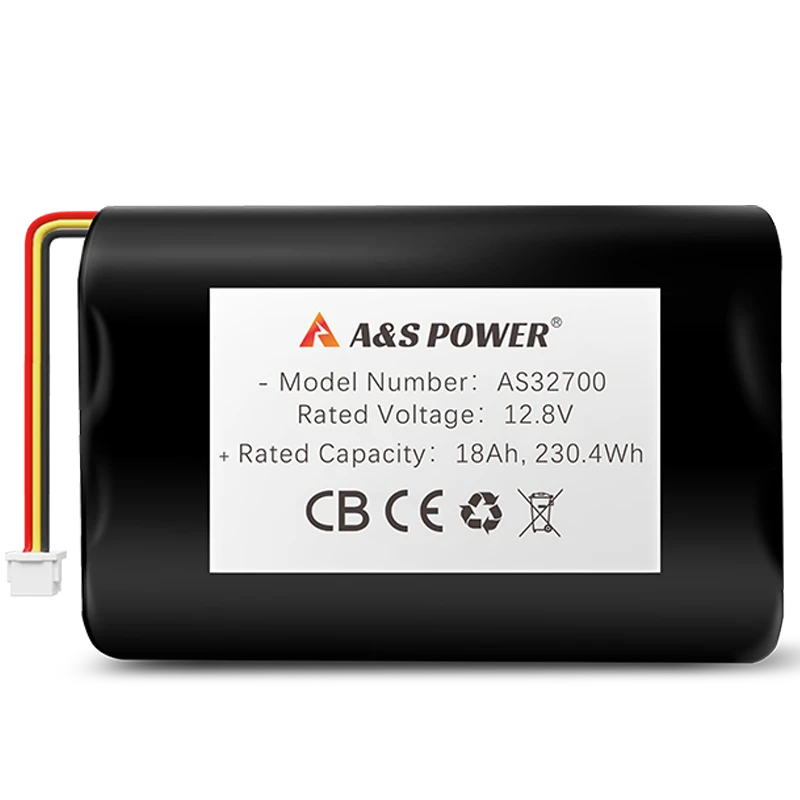《Catalogue of Industries Encouraging Foreign Investment》 Lithium Battery Industry
《Catalogue of Industries Encouraging Foreign Investment》 Lithium Battery Industry
China's Strategic Positioning of Lithium Battery Industry in Foreign Investment Policy
The Chinese government has strategically positioned the lithium battery industry as a priority sector in the latest edition of the Catalogue of Industries Encouraging Foreign Investment, reflecting the nation's commitment to advancing its new energy agenda and strengthening its global leadership in battery technology. This significant policy development demonstrates China's recognition of the lithium battery sector as not merely an industrial category but as a critical component of its national energy security strategy and technological innovation ecosystem. The 2024 edition of the Catalogue, jointly released by the National Development and Reform Commission and the Ministry of Commerce, explicitly identifies high-performance lithium battery manufacturing, key material production, and advanced equipment development as encouraged areas for foreign investment, offering substantial opportunities for international companies seeking to participate in China's rapidly expanding new energy market. This policy orientation aligns with China's broader objectives of achieving carbon neutrality by 2060 and dominating the global electric vehicle and energy storage system supply chains, creating a favorable environment for foreign investors with advanced technologies and management expertise.
The inclusion of lithium battery-related industries in the encouraged category represents a sophisticated policy approach designed to address both immediate industrial needs and long-term strategic goals. By actively welcoming foreign investment in this sector, China aims to accelerate technological upgrading, enhance production capacity, and improve the overall competitiveness of its lithium battery industry while maintaining its position as the world's largest battery manufacturer. The policy provides foreign investors with various incentives including tax benefits, streamlined administrative procedures, and improved market access, particularly for projects involving advanced battery technologies, next-generation material development, and sustainable manufacturing processes. This comprehensive approach has already attracted significant attention from major international battery manufacturers and material suppliers, with several announcing new investment plans and partnership initiatives since the Catalogue's publication.
Policy Framework and Investment Incentives
Preferential Treatment and Market Access Conditions
The Catalogue of Industries Encouraging Foreign Investment establishes a comprehensive framework of preferential policies specifically designed for foreign enterprises investing in China's lithium battery industry. Qualified foreign-invested enterprises engaged in high-performance lithium battery manufacturing, key material production, and advanced equipment development can benefit from reduced corporate income tax rates, typically enjoying a 15% rate compared to the standard 25% rate applicable to most industries. Additionally, these enterprises receive exemptions or reductions on import duties for advanced equipment and components not available domestically, significantly lowering initial investment costs and improving operational efficiency. The policy also simplifies land acquisition procedures for production facilities and provides support for obtaining necessary environmental approvals, addressing two critical challenges that foreign investors typically face in the Chinese market.
Beyond fiscal incentives, the Catalogue guarantees national treatment for foreign investors in the lithium battery sector, ensuring equal access to government procurement opportunities, participation in national research and development programs, and eligibility for various innovation subsidies and special funds. This level playing field represents a significant improvement over previous investment regimes and demonstrates China's serious commitment to attracting foreign expertise and capital to its strategic industries. The policy specifically encourages the establishment of research and development centers by foreign companies, offering additional incentives for projects focused on next-generation battery technologies, recycling technologies, and sustainable production methods. These comprehensive incentives have positioned China as one of the most attractive destinations for lithium battery investment globally, combining market scale with policy support that is unmatched in most other battery-producing regions.
Regional Distribution and Cluster Development
The implementation of the foreign investment encouragement policy follows a strategic geographical distribution that aligns with China's existing lithium battery industry clusters while promoting development in less advanced regions. The Yangtze River Delta region, particularly Jiangsu and Zhejiang provinces, has emerged as the primary destination for foreign investment in high-performance battery manufacturing, leveraging its established supply chains, logistics infrastructure, and proximity to major electric vehicle manufacturers. The Pearl River Delta region, with Guangdong province at its core, focuses on consumer electronics battery production and has attracted numerous foreign investors specializing in high-energy-density cells for portable devices. Meanwhile, central and western provinces including Sichuan, Jiangxi, and Qinghai are encouraging foreign investment in raw material processing, mining technology, and recycling facilities, capitalizing on their natural resource endowments and lower operational costs.
This regional specialization strategy creates complementary advantages for foreign investors, allowing them to select locations based on their specific business focus, target markets, and resource requirements. The Chinese government has further enhanced these regional advantages through targeted infrastructure investments, including specialized industrial parks for new energy materials, dedicated power supply arrangements for energy-intensive production processes, and improved transportation networks for efficient material and product distribution. The cluster development approach has proven particularly effective in reducing production costs, minimizing supply chain disruptions, and facilitating knowledge sharing among industry participants. Foreign companies investing in these clusters benefit from established ecosystems that include specialized suppliers, research institutions, and talent pools with relevant industry experience, significantly accelerating their market entry and operational establishment processes.
Table: China's Major Lithium Battery Industry Clusters and Foreign Investment Focus
| Region/Cluster | Primary Specialization | Key Foreign Investors | Investment Incentives |
|---|---|---|---|
| Yangtze River Delta | High-performance EV batteries, advanced materials | Tesla, LG Energy Solution, Panasonic | Tax benefits, R&D subsidies, export facilitation |
| Pearl River Delta | Consumer electronics batteries, portable devices | Samsung SDI, BYD, Amperex Technology | Land subsidies, import duty exemptions, talent programs |
| Central Region | Raw material processing, component manufacturing | BASF, Umicore, Ganfeng Lithium | Resource access, energy cost reductions, logistics support |
| Western Region | Lithium mining, recycling, sustainable production | Albemarle, Livent, Redwood Materials | Mining rights support, environmental approval fast-tracking |
Market Context and Investment Opportunities
Current Market Size and Growth Trajectory
China's lithium battery industry has experienced extraordinary growth over the past decade, establishing the country as the undisputed global leader in battery production and supply. The industry generated approximately 1.2 trillion yuan ($170 billion) in output value in 2023, representing a 25% year-on-year increase and accounting for nearly 60% of global lithium battery production. This massive industrial base encompasses the entire value chain from raw material processing and component manufacturing to cell production and system integration, creating numerous investment opportunities for foreign companies with specialized expertise and advanced technologies. The electric vehicle sector represents the largest application market, consuming approximately 70% of lithium battery production, followed by energy storage systems at 15% and consumer electronics at 12%, with industrial applications accounting for the remaining 3%.
The growth trajectory of China's lithium battery market remains exceptionally strong, driven by sustained government support for electric vehicle adoption, ambitious renewable energy targets, and continuous technological advancements. Market analysts project the industry will maintain a compound annual growth rate of 20-25% through 2030, potentially reaching an output value of 3 trillion yuan ($425 billion) by the end of the decade. This expansion creates substantial opportunities for foreign investors across multiple segments, including advanced material production, manufacturing equipment, battery management systems, and recycling technologies. The market's sheer scale and growth rate offer foreign companies unprecedented opportunities to achieve economies of scale, access cutting-edge innovations, and establish strategic positions in the global battery value chain through investments in China's encouraged sectors.
Technology Transfer and Innovation Opportunities
The Catalogue of Industries Encouraging Foreign Investment specifically emphasizes technology development and innovation as key criteria for encouraged projects, creating significant opportunities for foreign companies with advanced battery technologies. Chinese policy actively promotes technology transfer and joint research initiatives between foreign and domestic entities, particularly in areas including solid-state batteries, sodium-ion batteries, lithium-sulfur technologies, and advanced battery management systems. Foreign companies investing in these areas can access China's extensive research ecosystem, including partnerships with leading universities and research institutions, participation in national science and technology programs, and collaboration with established battery manufacturers seeking to enhance their technological capabilities.
The innovation environment in China's lithium battery sector has become increasingly sophisticated, with substantial investments in research and development infrastructure and a growing pool of technical talent. Foreign companies can leverage these resources to accelerate their own technology development while benefiting from China's manufacturing expertise and rapid commercialization capabilities. The policy framework specifically encourages the establishment of foreign-owned R&D centers and offers additional incentives for projects that result in patented technologies developed within China. This approach has attracted numerous foreign technology companies to establish research facilities in China, not only to serve the local market but also to develop technologies for global deployment, taking advantage of China's comprehensive battery ecosystem and rapid iteration capabilities.
Investment Considerations and Strategic Implementation
Regulatory Compliance and Administrative Procedures
Foreign investors entering China's lithium battery industry under the encouraged category must navigate a comprehensive regulatory framework that governs various aspects of production, environmental protection, quality control, and market access. The administrative procedures for establishing lithium battery manufacturing facilities have been significantly streamlined under the current policy, with dedicated service channels for encouraged foreign investment projects and reduced approval timelines for environmental impact assessments, construction permits, and production licenses. However, investors must still comply with stringent technical standards, safety regulations, and environmental requirements that reflect China's increasingly sophisticated regulatory approach to the battery industry.
The certification process for lithium battery products in China requires compliance with the GB Standards system, which includes specific requirements for safety performance, energy efficiency, and environmental impact. Foreign investors should engage with local testing and certification agencies early in their planning process to ensure their products and manufacturing processes meet all applicable requirements. Additionally, the Chinese government has implemented a traceability system for lithium batteries, requiring comprehensive documentation of material sources, production processes, and distribution channels. While these regulatory requirements add complexity to market entry, they also contribute to industry standardization and quality improvement, benefiting serious investors with robust technical capabilities and quality management systems.
Partnership Strategies and Market Entry Approaches
The Catalogue of Industries Encouraging Foreign Investment creates various pathways for international companies to enter China's lithium battery market, each with distinct advantages and considerations. Wholly foreign-owned enterprises (WFOEs) have become increasingly feasible in encouraged sectors, allowing international companies to maintain full control over their technology and operations while benefiting from investment incentives. This approach is particularly suitable for companies with proprietary technologies and established global brands that wish to protect their intellectual property and maintain operational consistency with their global standards. The approval process for WFOEs in encouraged industries has been significantly simplified, with most applications processed within 30-60 days through streamlined administrative procedures.
Joint ventures with Chinese partners remain a popular approach for foreign investors seeking to leverage local market knowledge, existing customer relationships, and established supply chains. The Catalogue encourages partnerships that combine foreign technology with Chinese manufacturing capabilities, particularly in areas where Chinese companies have developed strong competitive advantages including production scale, cost efficiency, and distribution networks. Equity investment in existing Chinese battery companies represents another entry strategy that has gained popularity, allowing foreign investors to gain exposure to China's battery market without establishing separate operational entities. This approach provides immediate market access and revenue streams while minimizing greenfield investment risks, though it may offer limited operational control and technology protection compared to WFOEs or joint ventures.
Future Outlook and Industry Evolution
Technology Development Trends and Investment Directions
The future evolution of China's lithium battery industry will be shaped by several key technology trends that offer strategic investment opportunities for foreign companies. Solid-state battery technology represents perhaps the most significant advancement, with Chinese and international researchers making rapid progress toward commercial viability. The Catalogue specifically encourages foreign investment in solid-state battery development and manufacturing, offering additional incentives for projects that aim to achieve mass production capabilities. Sodium-ion batteries have also emerged as a promising alternative to lithium-ion technologies for certain applications, particularly energy storage systems where energy density is less critical than cost and safety. Foreign companies with expertise in these emerging technologies can find significant opportunities in China's market, where manufacturers and end-users are actively seeking next-generation solutions.
Beyond cell chemistry, the Catalogue encourages investment in advanced manufacturing technologies including dry electrode processing, precision coating equipment, and automated assembly systems that can improve production efficiency and product quality. The integration of digital technologies including artificial intelligence, IoT, and big data analytics into battery manufacturing and management represents another encouraged area where foreign companies with relevant expertise can find substantial opportunities. As China's battery industry matures, recycling and circular economy technologies have gained prominence in the investment encouragement policy, reflecting growing concerns about resource sustainability and environmental impact. Foreign companies with advanced recycling technologies and sustainable production methods are particularly welcomed and can access additional incentives including preferential land access, tax benefits, and research funding.
Market Development and Global Integration
China's lithium battery industry is increasingly integrated with global supply chains and markets, creating opportunities for foreign investors to utilize China as a manufacturing base for both domestic and international customers. The Catalogue supports this global integration by encouraging investments that enhance export capabilities, participate in international standard-setting, and establish global research and development networks. Foreign companies investing in China's lithium battery industry can leverage the country's comprehensive supply ecosystem and manufacturing expertise to serve global markets while meeting local content requirements in various regions including Europe and North America.
The ongoing evolution of global trade patterns and sustainability requirements will shape the future development of China's lithium battery industry and the opportunities available to foreign investors. Increasing emphasis on carbon footprint tracking, responsible sourcing, and circular economy principles is creating new market segments where foreign companies with relevant expertise can establish competitive advantages. The Chinese government has indicated that future revisions to the Catalogue will likely place even greater emphasis on sustainability aspects, potentially offering enhanced incentives for investments that demonstrate leadership in environmental performance, resource efficiency, and social responsibility. This direction aligns with global trends and creates opportunities for foreign investors to introduce advanced sustainability practices and technologies to China's battery industry while benefiting from policy support and market access advantages.
-

 May.2025.12.22What is a Nickel Cadmium Battery and How Does It WorkLearn More
May.2025.12.22What is a Nickel Cadmium Battery and How Does It WorkLearn More -

 May.2025.12.22How to clean battery corrosion?Learn More
May.2025.12.22How to clean battery corrosion?Learn More -

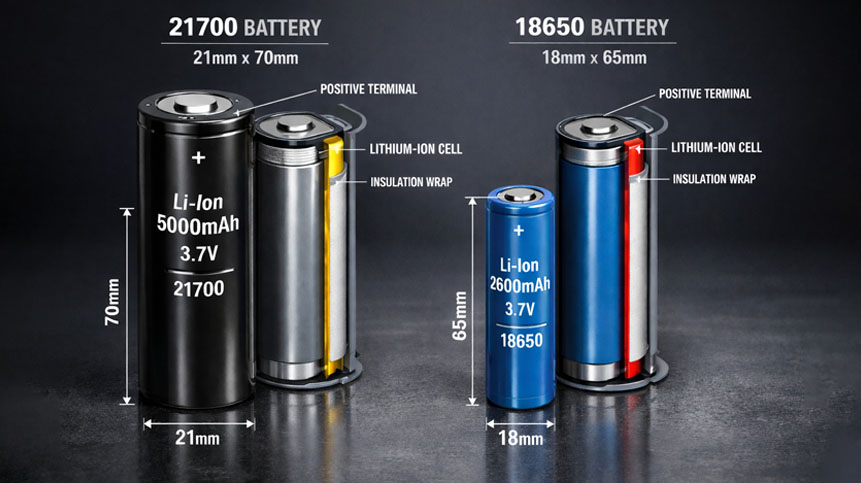 May.2025.12.2021700 Battery: Meaning, Comparison with 18650, and How to Choose the Best QualityLearn More
May.2025.12.2021700 Battery: Meaning, Comparison with 18650, and How to Choose the Best QualityLearn More -

 May.2025.12.19Medical Device 18650 Rechargeable Battery: What Buyers Must Evaluate?Learn More
May.2025.12.19Medical Device 18650 Rechargeable Battery: What Buyers Must Evaluate?Learn More -

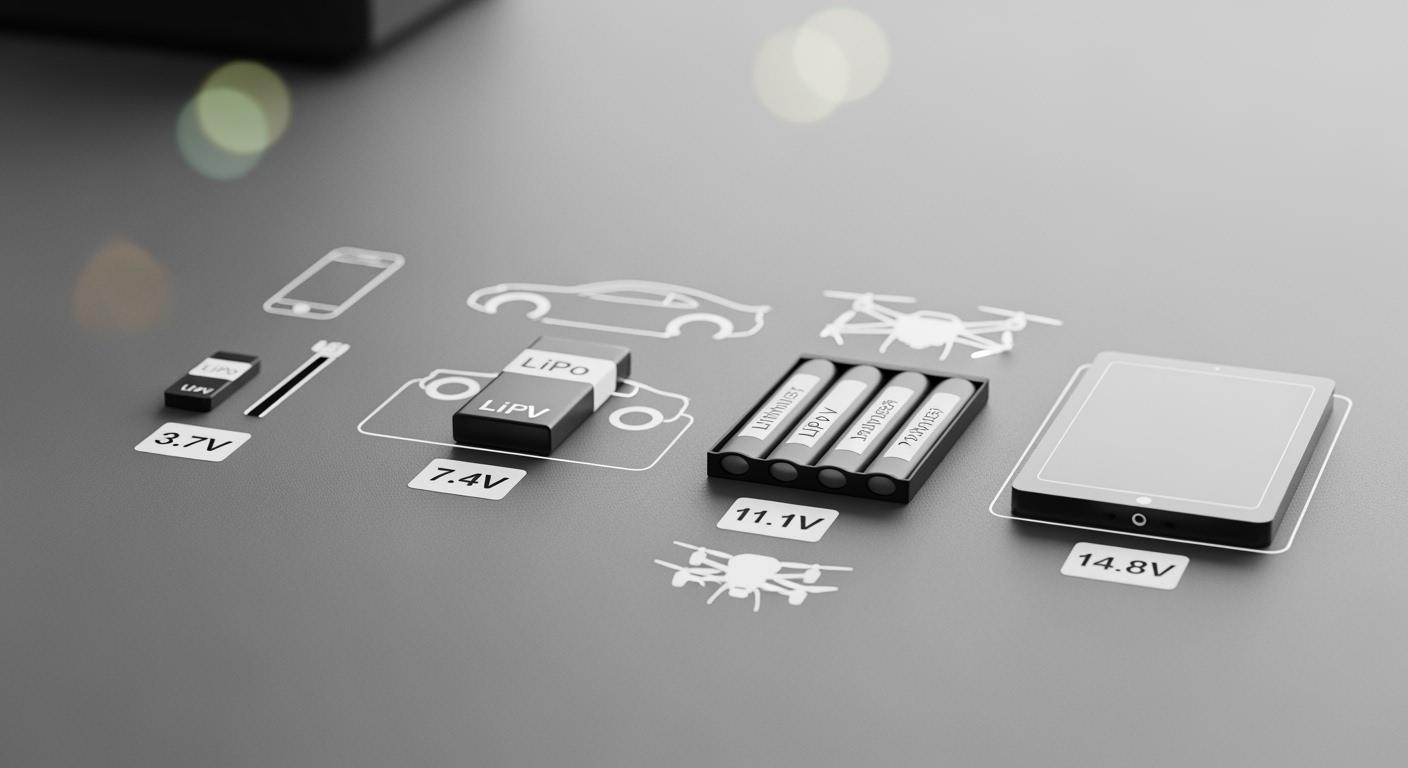 May.2025.12.19Common voltage types of lithium polymer batteries for different applicationsLearn More
May.2025.12.19Common voltage types of lithium polymer batteries for different applicationsLearn More




